Mycotoxin prevention in pigs
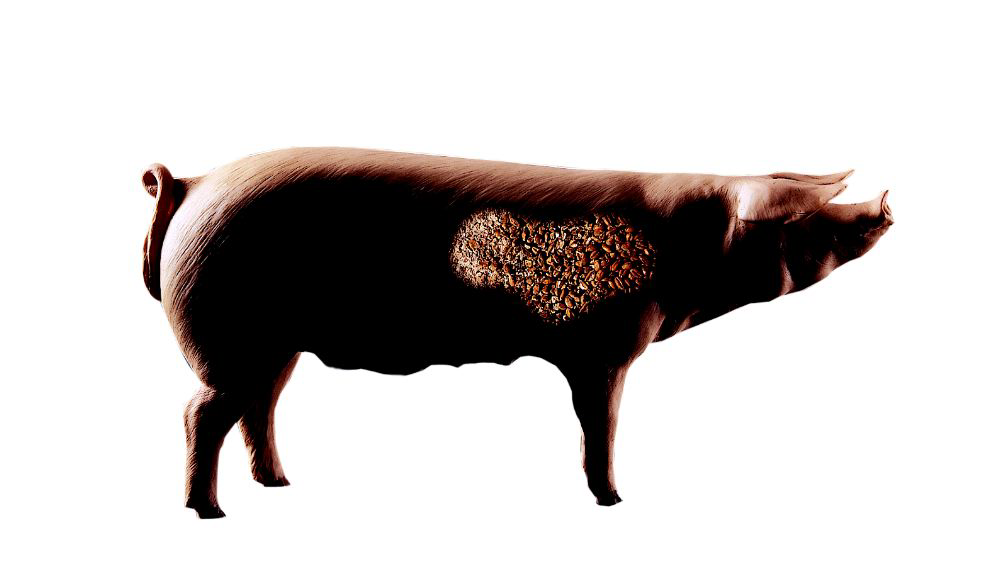
Mycotoxins in swine can cause severe problems. Young pigs and breeding swine are generally the most susceptible.
Mark Whitney, regional extension educator-swine, University of Minnesota Extension writes on the website of the University that it is important to remember that the presence of moulds in grains does not automatically indicate mycotoxin presence. Aspergillus, Penicillium, Claviceps, and Fusarium fungi have been identified as producing the mycotoxins most detrimental to swine. These include aflatoxin, deoxynivalenol, zearalenone, fumonisin, ochratoxin, ergot, and T-2 toxin.
Whitney writes that prevention of mycotoxin production by ensuring proper environmental conditions during storage is essential. Some of the management strategies include:
• Feed the suspect feed or grain to a small number of ‘test’ animals and closely watch for symptoms of mycotoxicosis.
• Avoid feeding mycotoxin contaminated grain the breeding herd and young pigs.
• Consider putting grain through a grain cleaner to remove fines.
• Collect samples of the suspect grain and send to a commercial analytical laboratory for determination of levels of mycotoxins.
More management strategies can be read in the full article here.
Join 26,000+ subscribers
Subscribe to our newsletter to stay updated about all the need-to-know content in the feed sector, three times a week. Beheer
Beheer

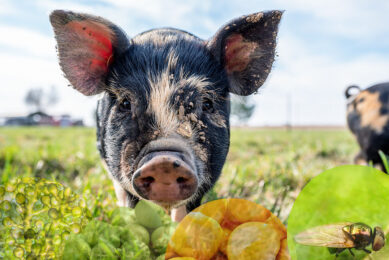
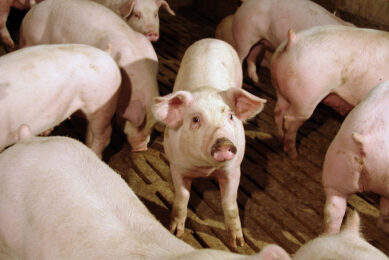
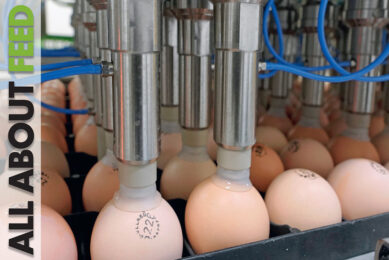
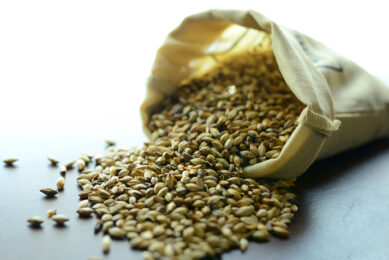




 WP Admin
WP Admin  Bewerk bericht
Bewerk bericht